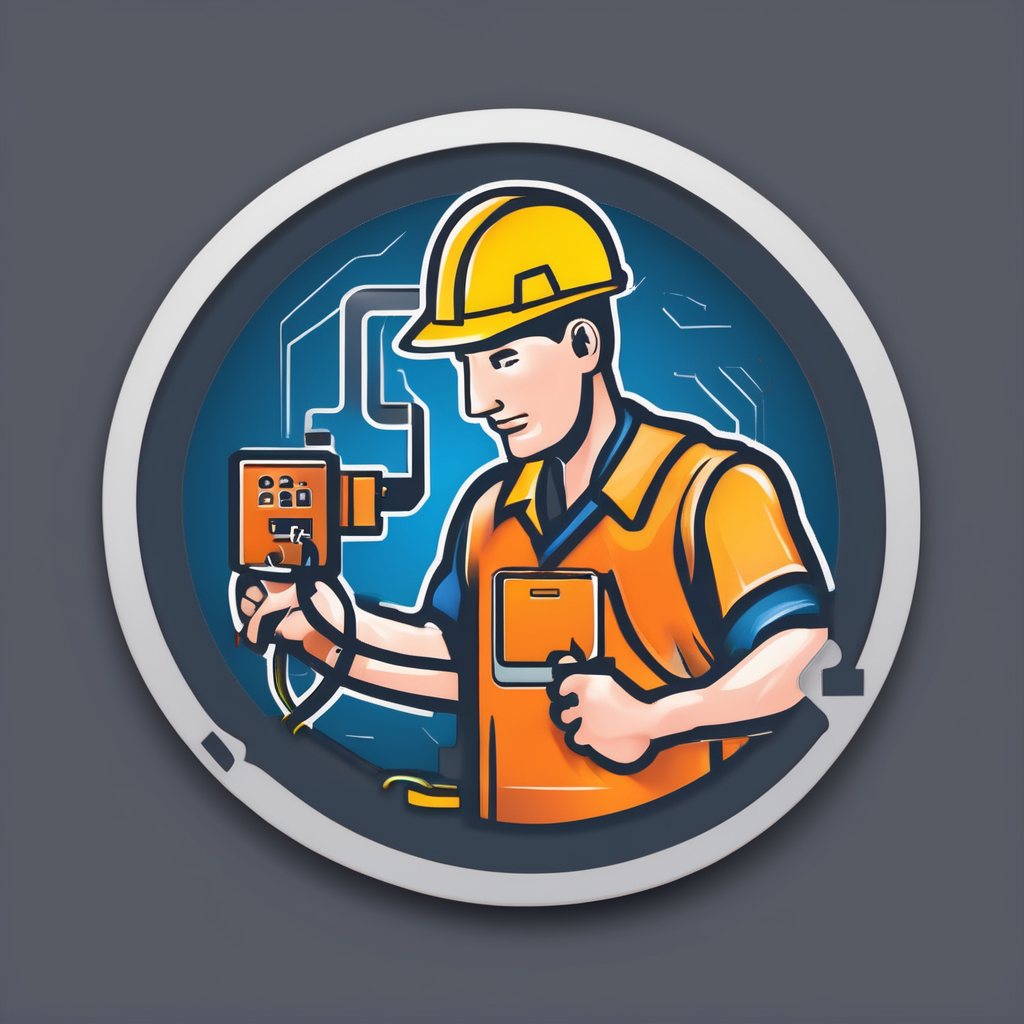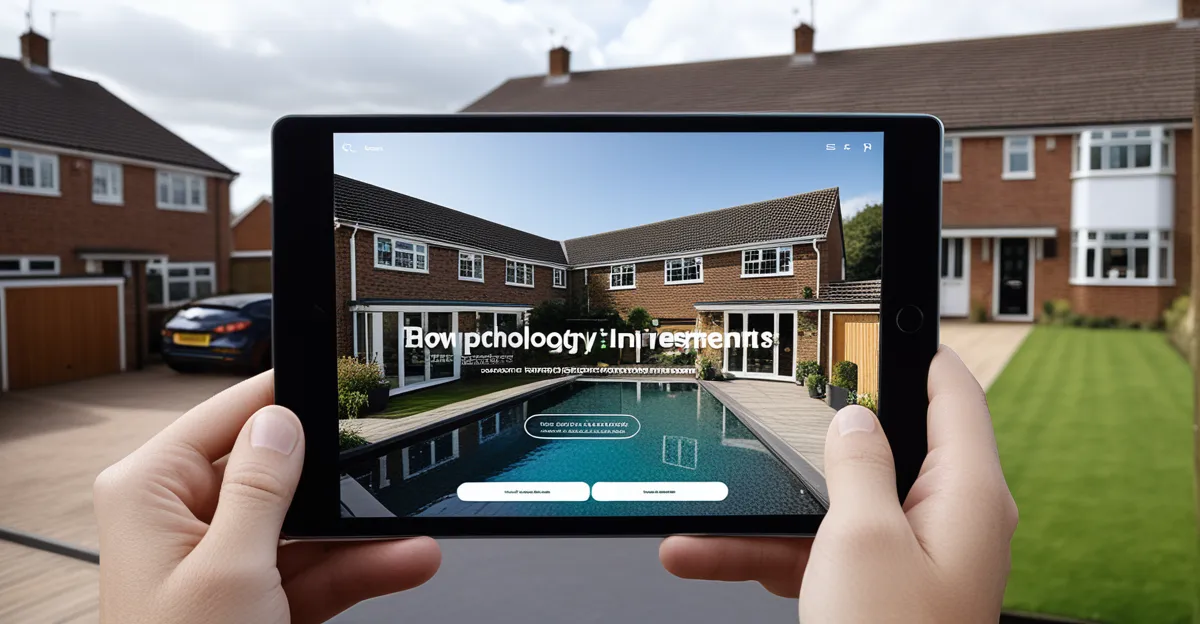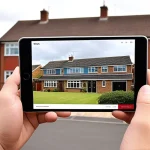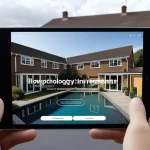Key Technologies Shaping UK Real Estate Investments
The integration of technology in UK real estate is revolutionizing the sector, with PropTech, AI, and blockchain leading the charge. PropTech, or property technology, introduces innovative tools that streamline transactions, improve asset management, and enhance user experiences. For example, AI-powered algorithms analyze vast datasets to accurately predict property values, optimize rental yields, and identify investment opportunities with precision.
Blockchain technology plays a critical role by ensuring transparent, tamper-proof records for property transactions. This reduces fraud risk and accelerates contract processing, making deals quicker and more reliable. Beyond financial operations, smart buildings equipped with IoT sensors enable real-time monitoring of energy usage and security, boosting sustainability and tenant satisfaction in both residential and commercial properties.
In parallel : What Opportunities Does Technology Offer for Investment in UK Real Estate?
Data analytics and virtual reality further enrich the sector. Analytics facilitate informed decision-making by revealing market trends and tenant behaviors, while virtual reality allows potential buyers or renters to virtually tour properties remotely, saving time and enhancing accessibility. Collectively, these technologies create a more efficient, transparent, and interconnected UK real estate ecosystem, attracting tech-savvy investors and forward-thinking developers alike.
Emerging Trends and Market Shifts
Technology in UK real estate continues to drive emerging trends, reshaping how investments and property management operate. One key shift is the growing PropTech adoption, which is transforming traditional models through automation and data-driven insights. Investors now expect faster, more transparent transactions facilitated by AI and blockchain technologies.
Also to see : How Can UK Real Estate Adapt to Economic Changes?
The UK property market is witnessing increased automation in leasing and property management. This includes digital tenant screening, automated rent collection, and predictive maintenance, all streamlining operational efficiency. PropTech platforms enable landlords and property managers to monitor portfolios remotely, reducing manual oversight needs.
Moreover, customer expectations are evolving as PropTech enhances user experience—virtual viewings, instant access to property data, and AI-powered recommendations are becoming standard. These innovations allow investors and tenants to make more informed decisions, boosting engagement and satisfaction.
Overall, the integration of PropTech aligns with broader market shifts towards digitalization, emphasizing agility and transparency. As technology in UK real estate matures, adopting these tools will be crucial for stakeholders seeking competitive advantage in a fast-changing environment.








